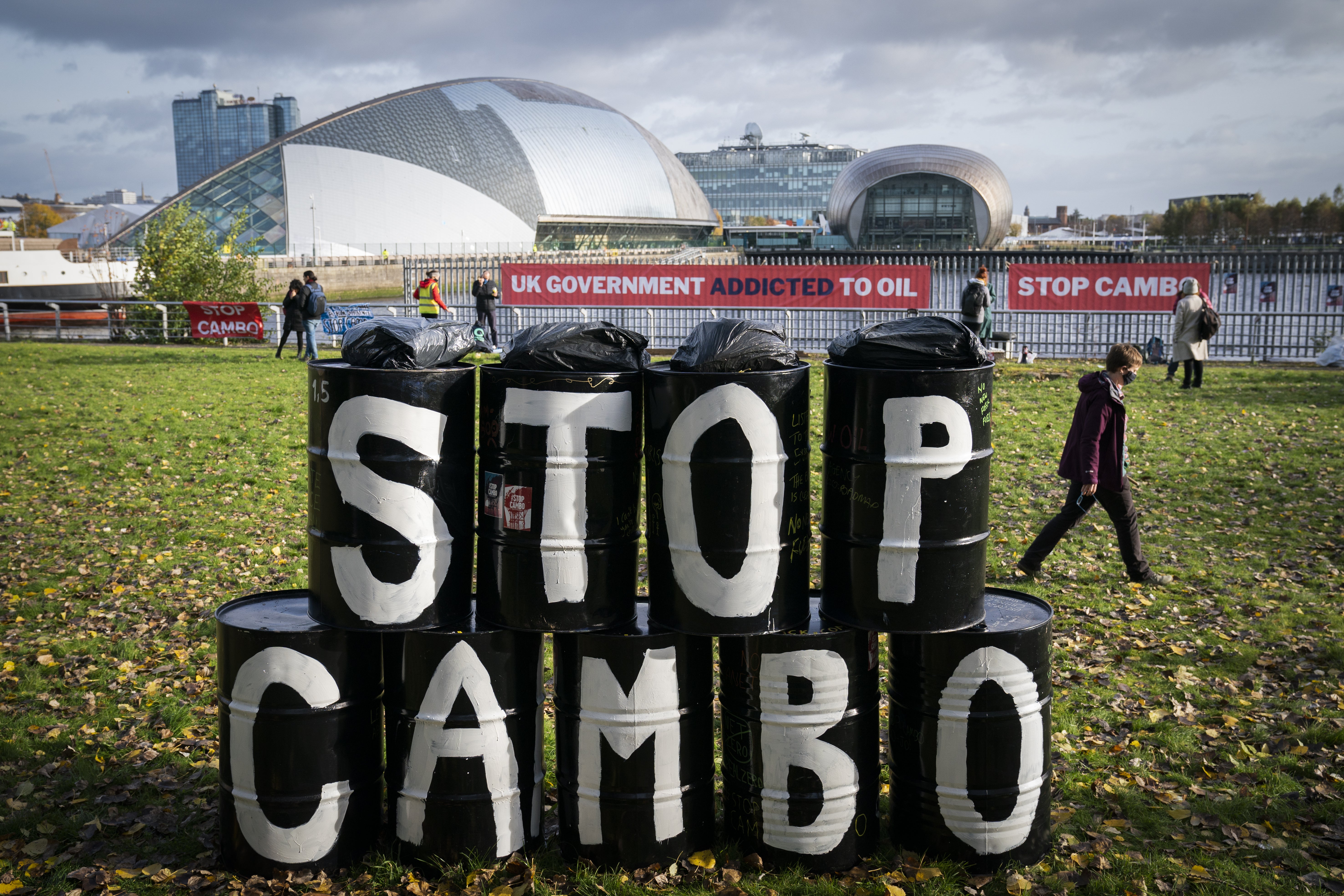Energy prices will continue to rise if oil fields like Cambo are halted – Hands
The UK Government minister said Britain will need to import more oil if the development does not go ahead.

Your support helps us to tell the story
From reproductive rights to climate change to Big Tech, The Independent is on the ground when the story is developing. Whether it's investigating the financials of Elon Musk's pro-Trump PAC or producing our latest documentary, 'The A Word', which shines a light on the American women fighting for reproductive rights, we know how important it is to parse out the facts from the messaging.
At such a critical moment in US history, we need reporters on the ground. Your donation allows us to keep sending journalists to speak to both sides of the story.
The Independent is trusted by Americans across the entire political spectrum. And unlike many other quality news outlets, we choose not to lock Americans out of our reporting and analysis with paywalls. We believe quality journalism should be available to everyone, paid for by those who can afford it.
Your support makes all the difference.The price of energy will increase further if oil fields like Cambo do not go ahead, a UK Government minister has warned.
Energy minister Greg Hands said the UK will need to import more oil if the North Atlantic development does not come online, increasing emissions.
Environmental groups have called for an end to new oil and gas fields, with Scotland’s First Minister Nicola Sturgeon also opposed to the Cambo field.
The Cambo development was paused in December and is awaiting final approval from regulators.
Speaking to journalists last week, Mr Hands was asked what the impact on households would be if Cambo and projects like it do not go ahead.
He said: “It would almost certainly drive up the price of energy.
“And it would almost certainly be bad for energy security. And it’s likely to be bad for emissions.”
Imported gas has higher emissions associated with it than gas from the UK continental shelf, he said.
The minister said the independent advisory group the Climate Change Committee has accepted there is a role for the oil and gas industry beyond 2050, even after the transition to renewable energy.
He said other European countries are envious of the UK’s hydrocarbon production, adding: “The UK having his own capability is something that our European partners and allies look on – with the exception of Norway, which obviously is an even better position than we are – but look on with envy.
“The fact that the UK is able to produce 50% of its own gas – I would say we need to make sure that we take good care of the resource that we’ve got, to invest in the resource that we’ve got at the moment, while still making the transition.”
Mr Hands also stressed the importance of new nuclear power, another issue where there is disagreement between the UK and Scottish governments.
“I think we need to be working better together,” he said.
“To deliver particularly on nuclear, to make sure that that baseload is there, what do we do when the wind isn’t blowing and the sun isn’t shining?”
However he said the UK Government will not propose the building of a new nuclear plant north of the border if the Scottish Government is opposed to it.
He said the UK Government is “not in the business of forcing the Scottish Government to accept or to take nuclear”, but he wishes to persuade ministers in Edinburgh to take a different approach.
Energy is a matter reserved to Westminster but Holyrood has control of planning powers.
Mr Hands highlighted the German Green Party, which he said is rethinking its long-held opposition to nuclear power.
He said: “I would say to the Scottish Government to use the current energy crunch as a good reason to rethink its ideological opposition to nuclear.”